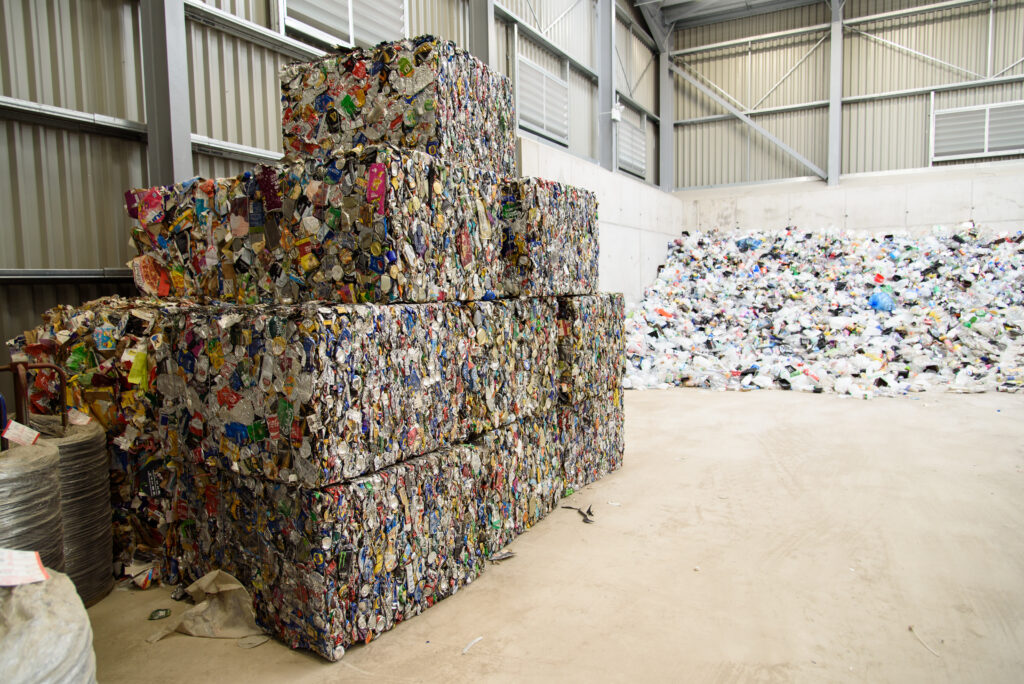Bristol City Council launched a year-long pilot of door-to-door collections of used consumer batteries in September 2002. Avonmouth-based zinc smelting company Britannia Zinc carried out the recovery of zinc, lead and cadmium from the mixed batteries in a scheme that generated international interest.
But Britannia Zinc's Australian owner MIM Holdings closed the plant in February 2002 following the collapse of a sell-off deal, leaving the Bristol campaign to find an alternative firm to recycle its batteries.
Failed
A spokeswoman for the campaign admitted to letsrecycle.com that attempts to locate a UK-based company willing to recycle the batteries had failed. “We were looking at recyclers here in the UK, but unfortunately there's no-one here that can do it,” she said.
“Britannia Zinc had trialled the technology and it was working, so we tried to see if there were any similar companies out there, but unfortunately there are not at the moment.”
The Bristol campaign has collected 3.5 tonnes of batteries since it started in September. The organisers have now decided to send the batteries to existing recyclers in Europe. This is likely to be done through the UK's largest battery collector, Wolverhampton-based G&P; Batteries, which has quoted for the Bristol scheme. G&P; sends about 600 tonnes of non-lead acid batteries from the UK to French reprocessors Valdi and Snam each year.
Batteries directive
About 22,000 tonnes of consumer batteries are used each year in the UK. There are no Europe-wide targets for battery recycling, but the European Commission has proposed a batteries directive which could set targets as high as 80%.
Some European countries such as Germany and Switzerland have pioneered battery recycling facilities in an attempt to get ahead of legislation, but there is still resistance in the UK, where the materials within batteries have been seen as neither valuable enough nor causing an unnecessary level of environmental damage.
Paul Duke from the British Battery Manufacturers Association explained the apparent UK reluctance to provide suitable recycling facilities: “Batteries are just one thousandth of the domestic waste stream… given that we are talking about a very small potential feedstock, they are only ever going to be a bit on icing on the cake to any metals recycling company.”








Subscribe for free